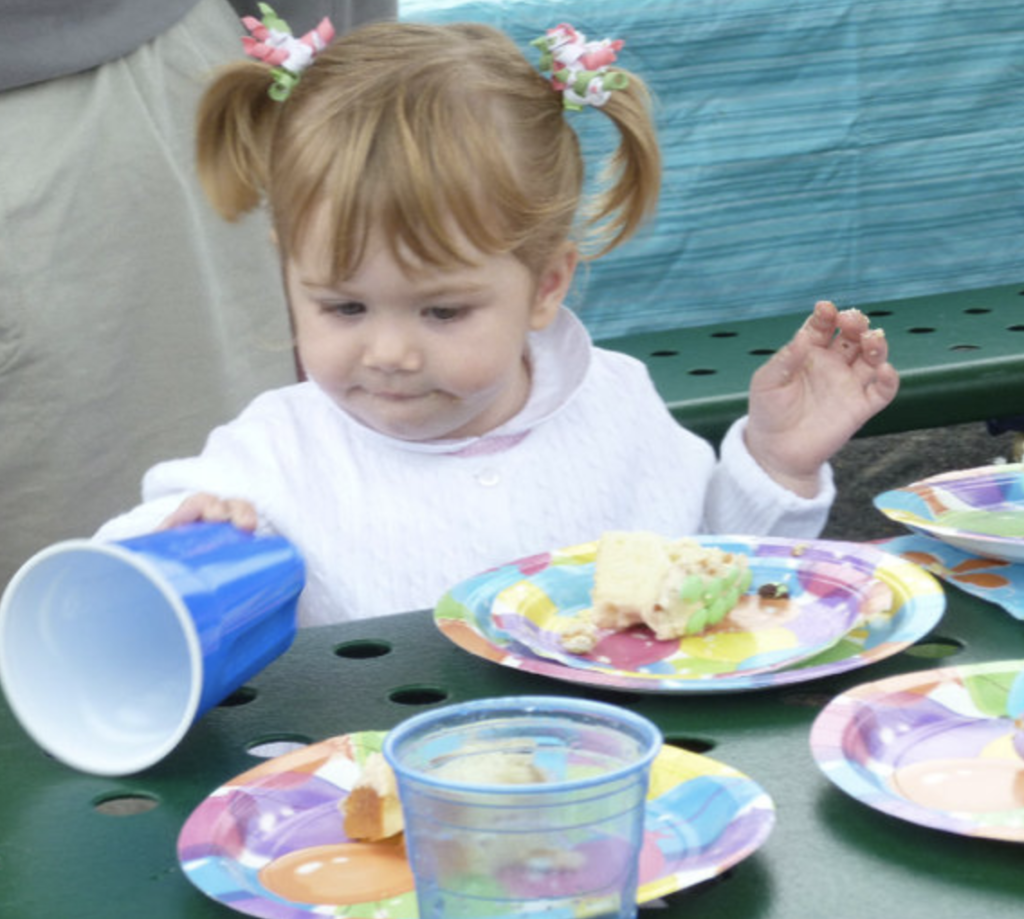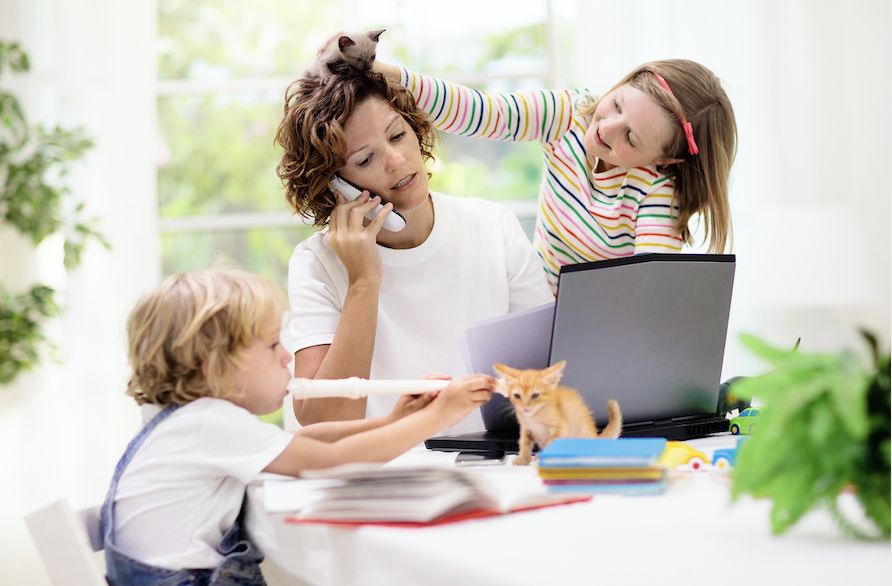Back to School Social Emotional Support

The Delta variant has all of us holding our breaths; PLEASE not another year of enforcing mask rules, keeping kids socially distanced, making up for lost learning and figuring out how to offer social emotional support!
You may be nervous about sending your kids back to school, yet you may prefer it to watching your kid hunched over a screen for another semester.
This year in particular, there is going to be a lot more talk about social-emotional support. Let’s talk about how to support your child emotionally.
Help Kids Emotionally Prepare for School
 Now, as summer is still here and backpacks and school supplies are accumulating, is the best time to do an emotional check in.
Now, as summer is still here and backpacks and school supplies are accumulating, is the best time to do an emotional check in.
Ask open ended questions to really get to the heart of their feelings. Consider asking about their experience with COVID, how they feel about coming to school, and how they feel about where they’re at right now. Patiently allow emotions to be expressed and give them opportunities and space to be able to deal and process what’s going on.
Focus on Mental Health
Job one is to address unmet social, emotional, behavioral and physical issues that will make academic learning more challenging. This is especially true for children who are introverted, who have learning differences and who have fallen most behind.
Seeing teachers and friends will be a different experience for each child and teen. Re-adjusting back to “normal” will require a transition period – how long depends on the child and environment. Reintroduction into classroom routines will be benefited by summer preparation and interaction.
Social and Emotional Growth
First graders have different needs than an eighth grader, however, both will have missed critical development. Social skills support for a first grader can include working on waiting, not interrupting, helping a friend and raising hands. The eight grader, will be entering high school for the first time with teachers they haven’t met in person yet. The support needed here are more complex as they try to navigate this new environment. These skills may include managing priorities, focusing on goals, being a positive influence, and daily life skills.
Implementing Home Strategies
As schools open, it is crucial that families incorporate SEL into their children’s schedules every day. This year will be like no other when it comes re-engaging, so try to be mindful of the hurdles they face as you leap over your.
If I had to pick the top skill to work on – for children and teens of all ages – I would recommend you concentrate on naming emotions. Naming emotions is an important part of learning how to regulate them. Without understanding the emotions they’re experiencing, they may get confused or upset. Not recognizing how they feel may amplify the feelings and make it more difficult to regulate the emotions.
No one knows what’s ahead, but with love, support and social skills development, we can put our best foot forward.
Social Skills Deeper Dive:
How to SEL – Parents – introduce and maintain age-appropriate SEL practices and activities that encourage communication, connection and mutual respect into daily life, without planning or prep.
Why We Need Social Emotional Learning Now More than Ever
My Child Is Hiding From Friends
How to Help Kids Learn Friendship Skills and Avoid Social Isolation



